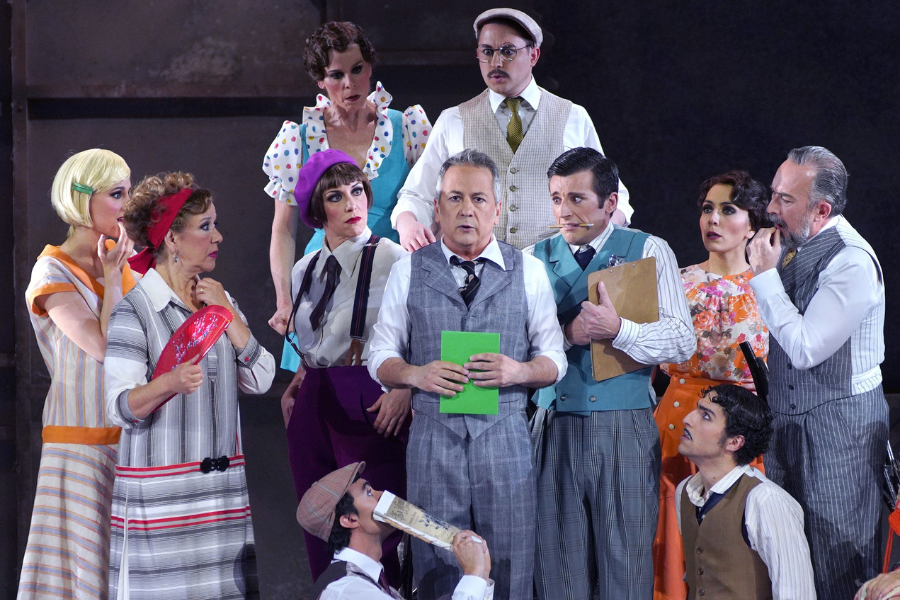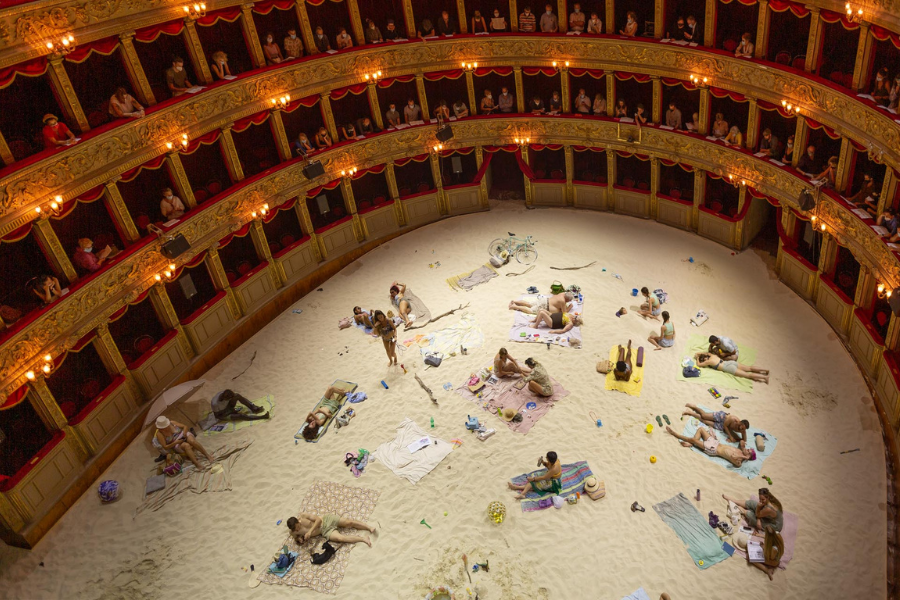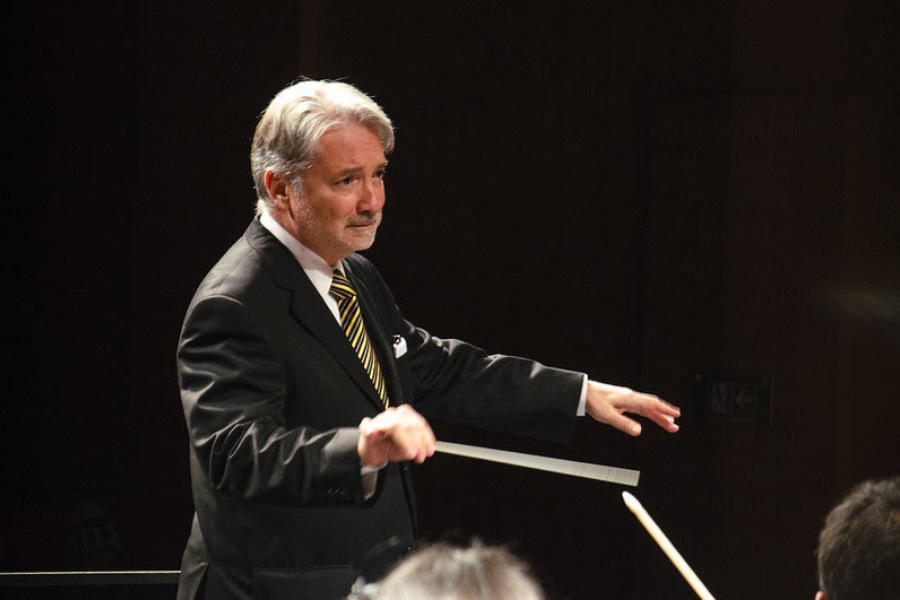The latest version of Don Carlo de Verdi debuts at the Teatro Real in Madrid

Don Carlo © Monika Rittershaus
Known as the Modena version of 5 acts by Don Carlo de Verdi, the production conceived by David McVicar will be presented for the first time at the Teatro Real. Nicola Luisotti will lead the Royal Choir and Orchestra of the Royal Theater, along with three deals that bring together some of the most important Verdian performers.
Between September 18 and October 6, the Teatro Real will offer 14 performances by Don Carlo de Giuseppe Verdi, inaugurating its 23rd season since the reopening of the Madrid stage. His Majesties the Kings will preside next Wednesday, September 18, the opening of the opera season at the Teatro Real, with the premiere of Don Carlo.
Don Carlo, opera number 23 of the 26 composed by Verdi, is the longest in his catalog and the one that was subjected to a greater number of revisions: in a span of almost 20 years, from 1867 to 1886, the composer wrote different versions trying to find the dramatic and musical balance of the score, which was affected, since its genesis, by the impositions of the theaters.
Verdi takes up his recurring themes – the struggle between intimate feelings and political duty, the desire for freedom in the face of oppressive power, revolutionary ideals, forbidden love affairs, the paternal-filial relationship, friendship, etc. – through the Romantic sensibility and impetus for Friedrich Schiller, who had already inspired three previous operas: Giovanna D’Arco, I Masnadieri and Luisa Miller. Starting from his drama Dom Karlos, Infant von Spanien, the composer returns to the Spanish universe that, with greater or lesser fortune, permeated four other titles in his catalog: Ernani, Il trovatore, Simon Boccanegra and La forza del destino.
Written for the Paris Opera, where the triumphed grand opéra, with its grandiloquent canons (historical or mythological themes, large choral and symphonic masses, ballets, etc.), the first version of Don Carlo, with an original French libretto by François Joseph Méry and Camille du Locle, premiered in 1867, with great pomp and pageantry, including the presence of the French royal family.
Contrary to the impositions of the Paris Opera and disgusted with the various adaptations and versions of the opera in Italian, Verdi decides to reduce the duration of the work to facilitate its dissemination and prevent each theater from cutting the score at will: called ‘Milan version’, 1884, in which the first act, ballet, etc. are suppressed. This version in four acts, shorter, more agile, but dramatically weaker, is the one presented at the Teatro Real in 2001 and in 2005, staging Hugo de Ana.
Two years after the premiere of the four-act version, Verdi revisits the score, restoring the first act, called Fontainebleau, to give a greater dramaturgical consistency to the work, since the historical context and the framework of the relationships between the characters that favor the evolution of the drama. The so-called ‘Modena version’, of 1886, was born with five acts and without ballet, which can now be seen in the Teatro Real, staging David McVicar, who has directed in previous seasons Another twist (2010 ), La traviata (2015), Rigoletto (2015) and Gloriana (2018).

Don Carlo © Monika Rittershaus
In a monumental, icy, oppressive and symbolic set by Robert Jones ─which ‘materializes’ the enormous weight of the religious and political power that characterized the reign of Philip II─ the different spaces in which the plot unfolds are fluidly followed. era is evoked by the sumptuous costumes designed by Brigitte Reiffenstuel.
As in the production of Gloriana by Benjamin Britten, acclaimed in 2018, McVicar, Jones and Reiffenstuel manage to create the ideal atmosphere for the psychological introspection of the characters, which, in Don Carlo, reflect, more than in other Verdi operas, contradictory feelings and complex, with ethical, moral and sentimental implications that distance them from the dichotomy between good and bad from previous titles.
Nicola Luisotti,who last season led Turandot by Giacomo Puccini, in the acclaimed production conceived by Bob Wilson, will direct his fourth verdiano in front of the Choir and Orchestra Headlines of Teatro Real, after Il trovatore (2007), Rigoletto (2015) and Aida (2018).
He will be in charge of three deals, whose singers, mostly known to the audience of Teatro Real, will alternate in the roles of the protagonist sextet: Marcelo Puente, Andrea Carè, Alfred Kim and Sergio Escobar (Don Carlo); Maria Agresta, Ainhoa Arteta and Roberta Mantegna (Elisabetta de Valois); Luca Salsi, Simone Piazzola and Juan Jesús Rodríguez (Rodrigo, Marquis de Posa); Ekaterina Semenchuk, Silvia Tro Santafé and Ketevan Kemoklidze (The Princess of Eboli); Dmitry Belosselskiy, Michele Pertusi and Dmitry Ulyanov (Filippo II); and Mika Kares and Rafał Siwek (The great Inquisitor).





